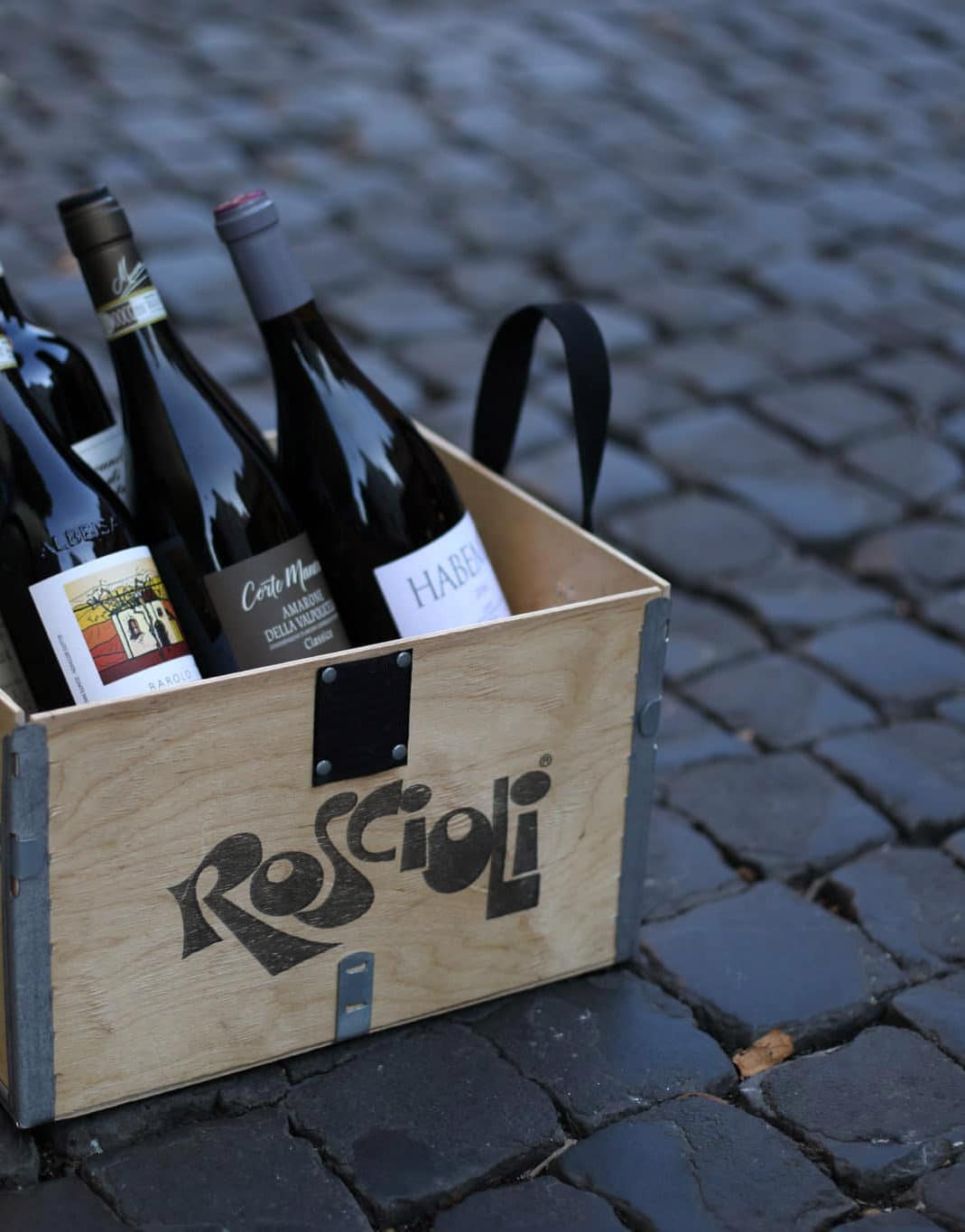Dolcetto d'Alba Rivoli 2019, Paitin
Tip: You can enable subtitles using the CC icon along bottom of the video player.
Tip: You can enable subtitles using the CC icon along bottom of the video player.
Grape
100% Dolcetto d'Alba
Drinking Window
Ready or drink by 2026
Region
Neive (Cuneo), Langhe PIEMONTE
Pairings
Spaghetti with crispy Speck sticks
Sundried tomatoes and pecorino cheese
Roasted mushrooms
Semi aged cheese
Regional Recipe

Winemaker Notes
The vineyards are exposed to west at an altitude of 280-320 meters a.s.l. with plants cultivated with guyot method, from 1980. The soil is marly calcareous belonging to the fossil and sandy Marls of Sant’Agata.
Viticulture follows organic principles with the use of only natural copper and sulfur compounds, no weeding is practiced but manual or mechanical mowing, harvesting is exclusively manual.
After the harvest, the grapes are subjected to crushing and destemming, then fermented and macerated for about a week in steel. At the end of winter the wine is placed in wood where it rests for about 6 months. The woods are normally barrels with a volume between 25 and 50 hectoliters of Slavonian oak with an average age of 15 years.
The Story
Paitin is the name of a property that Elia's family owned on the border between Neive and Castagnole. Having business with their private bank in both provinces, this property was strategic for them, so much that they were nicknamed with that name: Paitin.
"Each year the roots of the vines sink into a deeper layer of soil and each year the grapes reflects this indissoluble bond. This is the essence of nature. Learning this cycle represents the winemaker's experience. Knowing all the nuances of the vineyard and how to react to its change. The winemaker establishes an empathic relationship with his surroundings. This sensitivity can only exist by persevering through the generations of the knowledge handed down from father to son."
 SEI IN ITALIA? CLICCA QUI
SEI IN ITALIA? CLICCA QUI 
